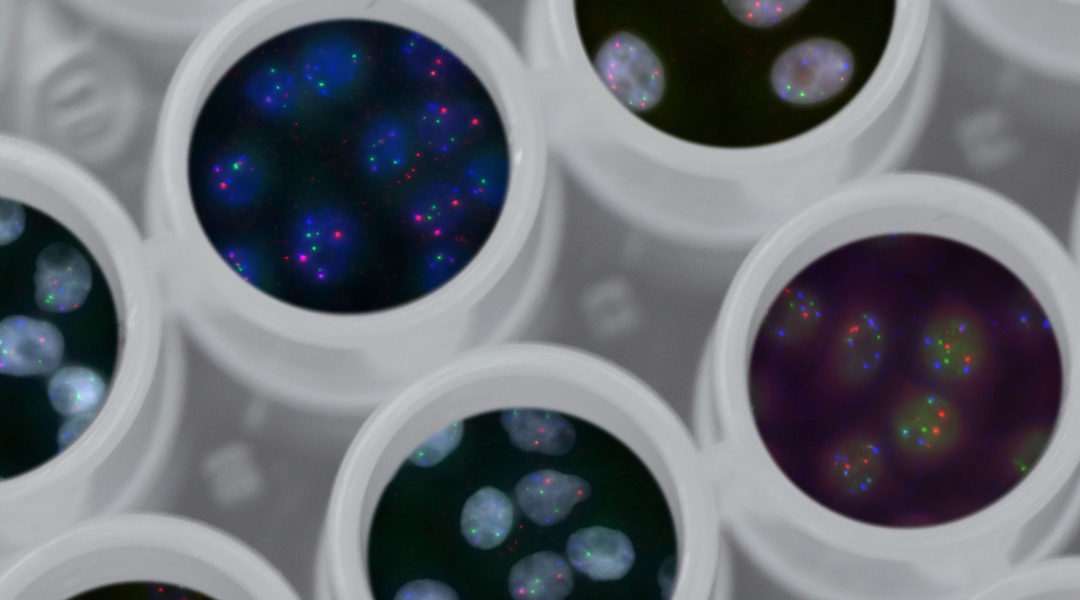An unintentional transgene injection into mice that occurred in 1997 revealed information that researchers didn’t seem to expect at the time. Apparently, this accidental experiment demonstrated the difference between the effects of Klotho deficiency and an “overexpression” of this gene in an animal.
The Klotho Gene Findings
Findings facilitated by a heart doctor in Japan showed that an extra amount of the Klotho gene led to extended life in mice. The opposite also occurred, which means that a Klotho deficiency revealed aging patterns similar to what occurs in humans. Additional discoveries made since the 1990s include the following:
- Effect on cardiovascular health: Klotho can regulate the heart, veins and arteries. Lack of this substance could result in a variety of issues including hypertension or arterial stiffening.
- Impact on kidneys: Renal failure could occur in people with deficient Klotho levels.
- Changes of muscles and bones: Having enough of the Klotho gene could prevent muscle weakening and bone deterioration.
- Aging issues: It appears that a decline in the Klotho gene happens similar to that of growth hormones. The presence of Klotho declines as people get older, but enough of this substance in the body has been shown to slow the progression of age-related diseases in mice.
- Vitamin D Processing: Researchers detected Klotho as contributing to proper Vitamin D processing. If the body can continue to metabolize this nutrient, it can prevent bone pain and kidney problems.
Where Klotho is Detected
Typically, tests reveal the presence of Klotho in the kidneys or in the brain. It’s a protein that helps a number of bodily functions, such as regulating phosphate levels required for bone health and moderating insulin signaling.

